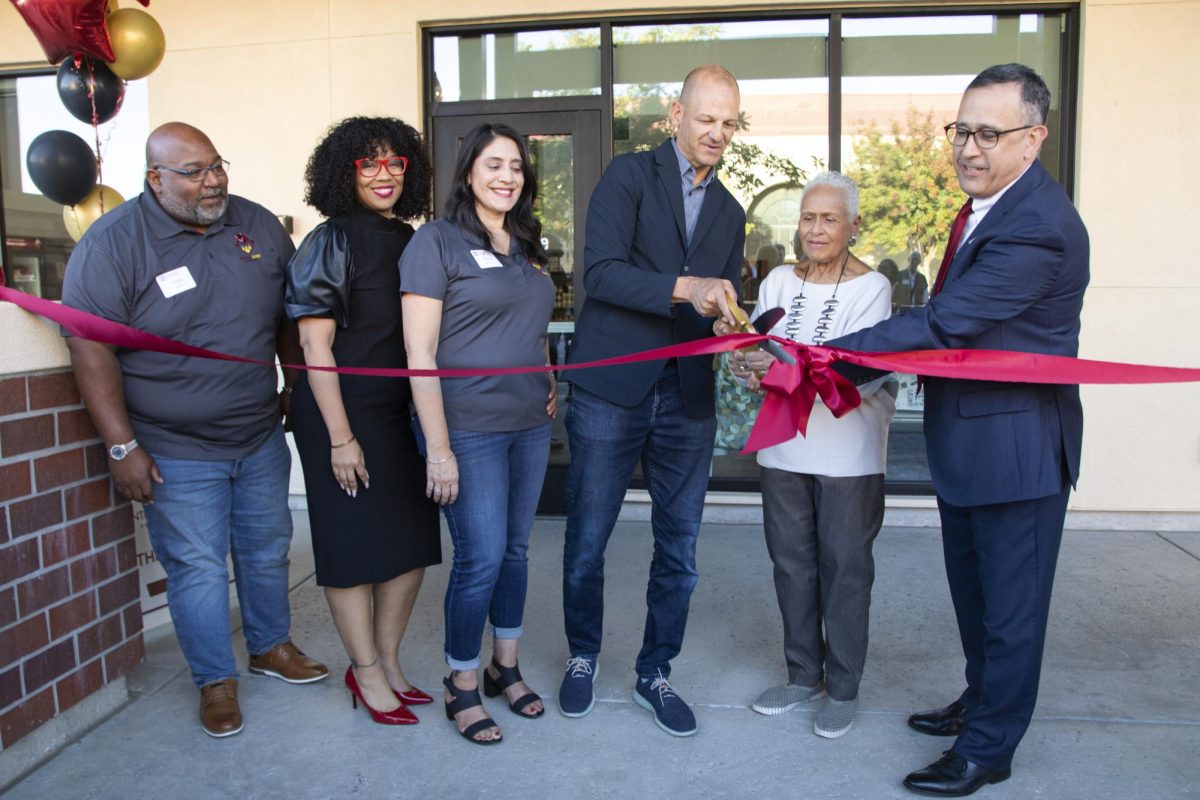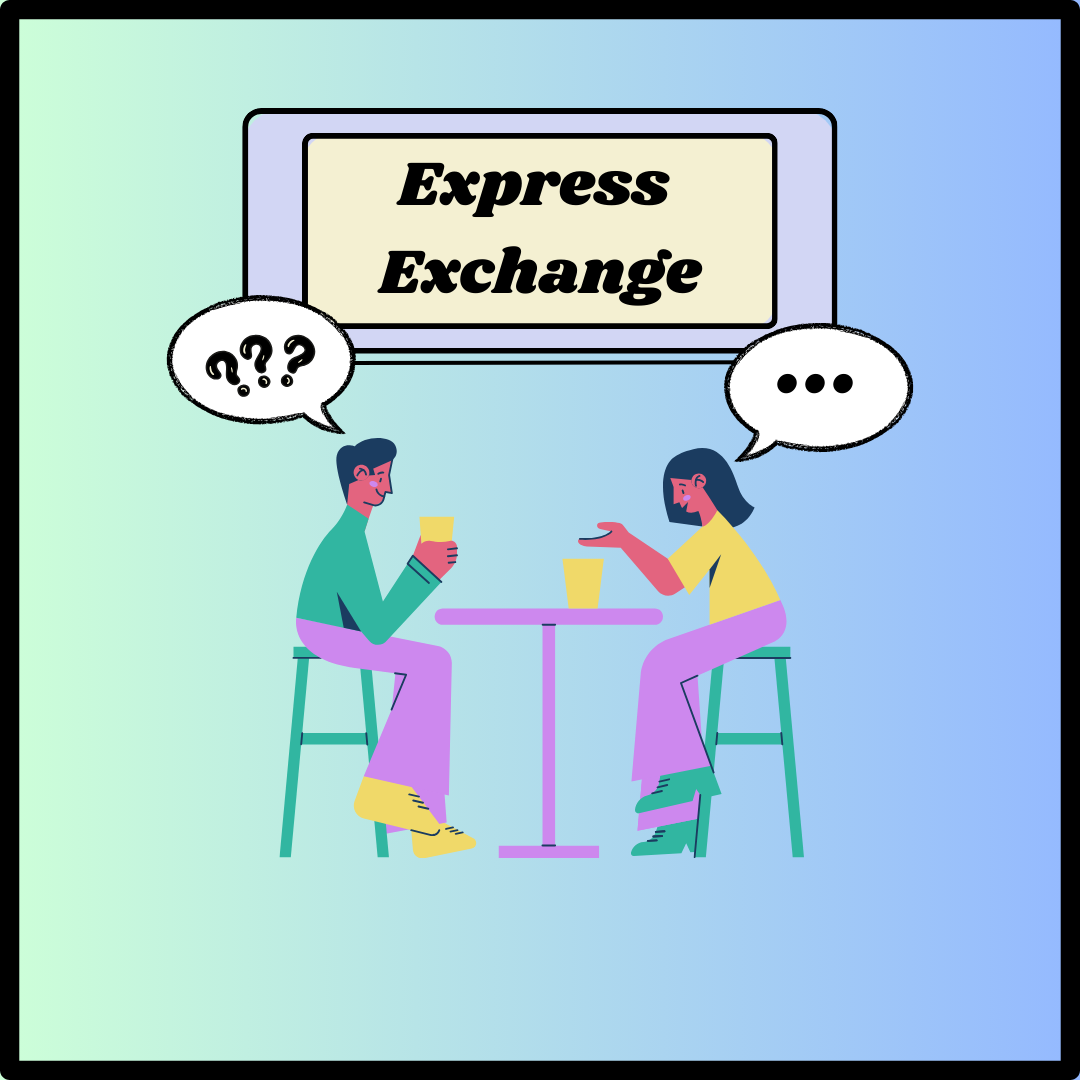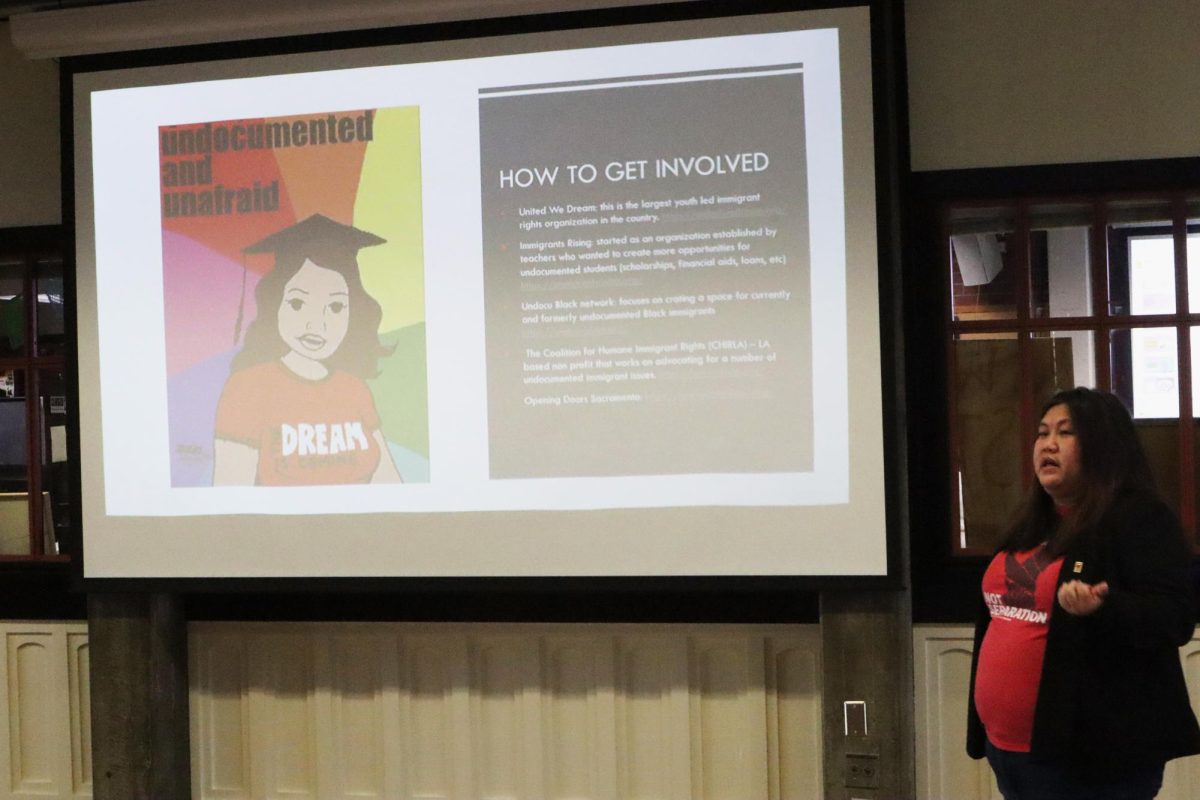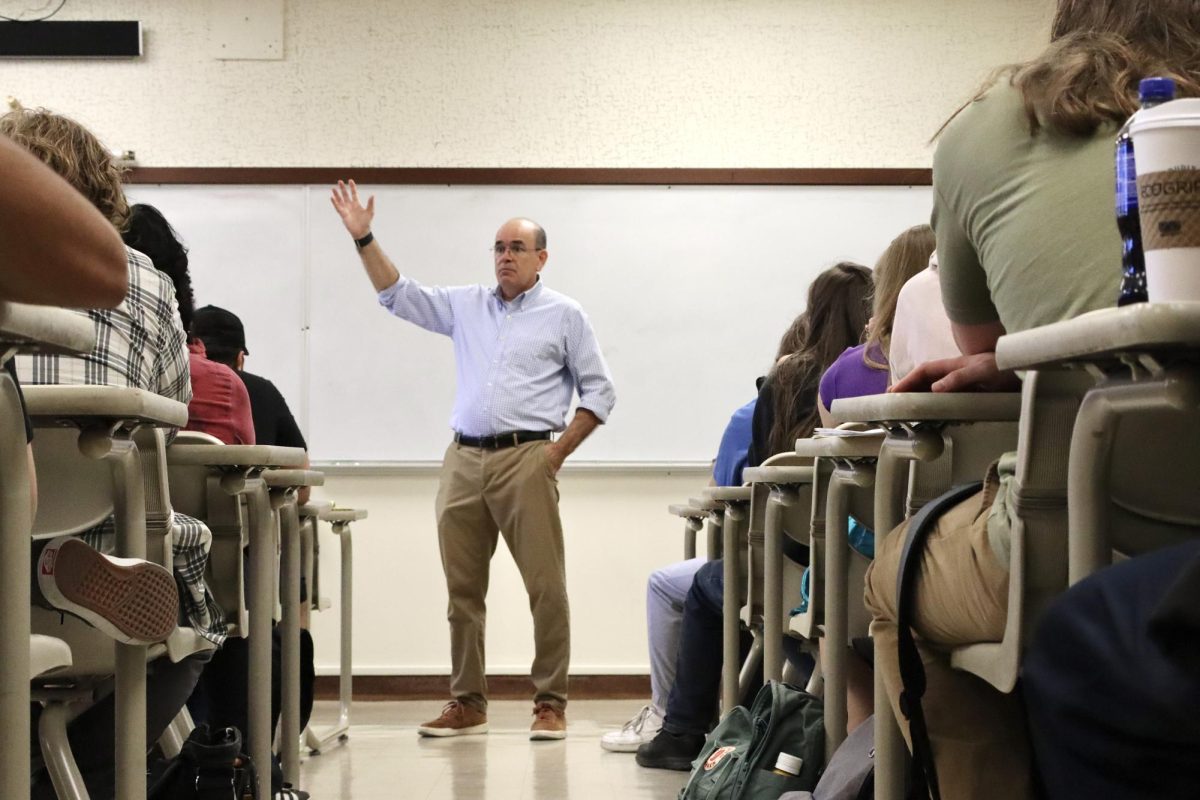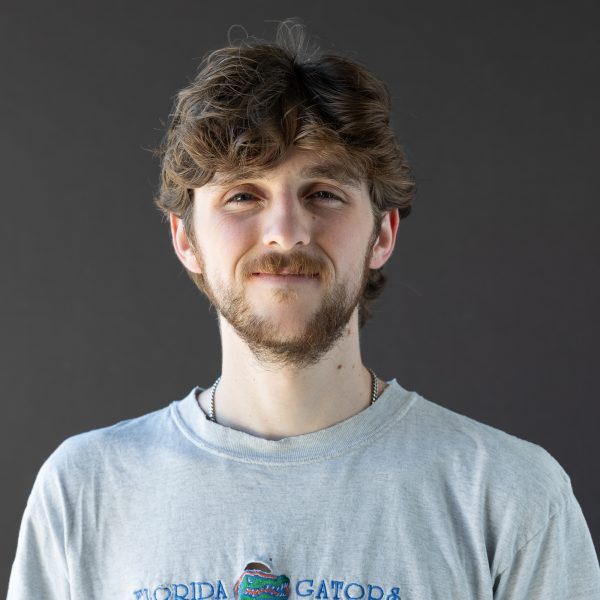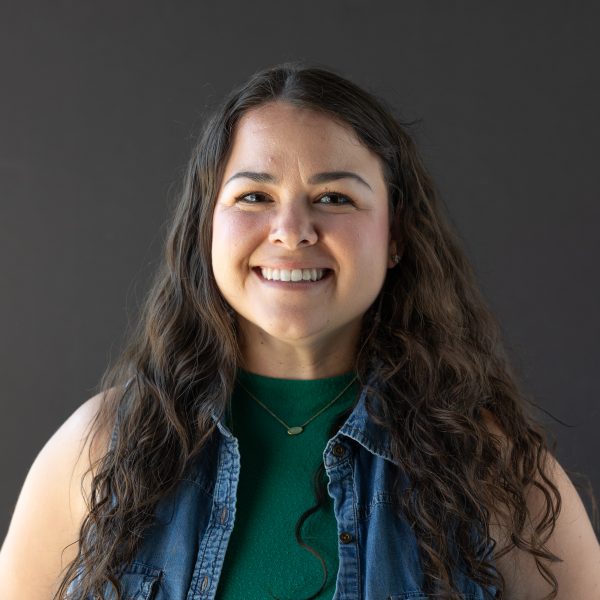The ASHÉ Center at Sacramento City College is a vital space for students of African descent, providing cultural, social and educational support. Established in 2019 and based on the principles of the Umoja program (a statewide program in the California Community Colleges system now offered at 70-plus campuses), the center offers resources, including peer mentorship, counseling and professional development to aid students in their academic journey.
In a conversation with Lisa Hayden, a student support specialist from the ASHÉ Center, she shares that they are holding various “Village Time” workshops, which emphasize community connection and the sharing of knowledge. Attendees will learn about various topics aimed at empowering students, fostering a sense of belonging, and encouraging academic and personal growth.
What inspired the creation or the theme behind the “Village Time” workshops?
So “Village Time” … we are part of Umoja Sabal Learning Community [which] is part of one of the programs under the ASHÉ Center. The ASHÉ Center was launched in 2019 to create a safe space for Black and brown students to find connection to counseling, peer mentorship, tutoring, classes and other resources that will help them be successful, such as professional development opportunities and also workshops.
Part of Umoja Statewide, which was created in 2006, are several different principles of Umoja, and one of them is “Porch Talk.” Having a village are principles of Umoja Statewide, and so we institute those in our space as well. The idea is to have different topics that would be beneficial for students to learn more about to help them.
Could you elaborate a little bit more on the name itself, “Village Time,” and why it was chosen?
There’s a group of 20 to 30 students that all go to the same class every hour. We call that a village, because they’re all going together, and they’re all going to the elders, who are the professors that we call it, and they learn the same principles, learn where the teachings are.
Basically, “Village Time” is like the village coming to [Professor/counselor] Chipo Ashe to get more teachings and lessons about what she knows. Village science, basically, when we’re in here, is like the elders or the peer mentors hear me or talk to them, start a conversation [while] being in communion together.
What specific outcomes do you hope attendees will take away from participating in any of the workshops?
From the workshops, we always want our students to feel empowered and also to gain a deeper knowledge of resources that can help them navigate their educational journey. We want them to feel empowered, connected, knowledgeable about resources, and then also just a feeling of belonging.
We want our students to know that they belong, and that a lot of times what we find is when we learn about Black history, it’s like, well, y’all were slaves, and you were brought over here, and then there was Jim Crow, and then Rosa Parks and Martin Luther King freed you, and then you all had Barack Obama as your president. And it’s like, actually, history in Africa was civilized and progressive and had whole civilizations that were the foundation of the world, way before there was a disruption called slavery, and so one of the richest men to ever live was in Africa.
People are not taught. There’s great things. There’s many important Black professors, inventors, just different people that are touching students’ lives every day, or people’s lives every day. One thing that I’m really big on is that we don’t celebrate Black History Month here [in the ASHÉ Center]. We have every day for Black History Month because every day we’re not just regulated to one month, 28 days, the shortest month on the calendar.
We are Black every single day, so we’re not regulated to one month, so just making sure that our students know that when they’re coming in here and feeling challenged by stuff like statistics, like Black people created mathematics … mathematics! So it was actually Greek people that came over and learned from African people, and then took that back to Greece and was able to share that knowledge and information. There’s nothing that should be intimidating for us or impacting us.
How do the workshops contribute to the center’s goals of promoting cultural, social and mental development for students of African descent?
I think the representation. I think the key thing is feeling like you are getting information from people that have your best interests at heart. And that helps. When people look like it, it does. It is a connection. And I think the representation is very key in a lot of what you just said.
What does community engagement from the workshops do for students, both individually and communally?
That’s an important one. So today, Professor Chipo Ashe had a workshop in her classroom about government, accountability and getting more connected with the whole process. We’re in an election year, and we don’t tell people how to vote or who to vote for, but being engaged and making sure that you’re knowledgeable because there’s not just a federal election that’s happening. There’s state elections. There’s all of these measures that affect us in California. Just be knowledgeable about that.
One of our professors, Professor Lisa Daniels, had a representative from a newspaper talk about reparations in her class and how that bill was made. It basically didn’t even make it to the floor on the vote to be that final vote to go to the governor’s desk — to be signed and either vetoed or signed.
So just things like that. Letting students know about topics that really affect them, locally that affect them, but also making sure that our students have [accessible] knowledge, all of your information may not necessarily just be able to be found on social media, you may have to do a deeper dive and really challenge what you seek. There’s a lot of misinformation that’s on social media, so making sure that our students are knowledgeable and know they’ll go to a reputable source.
This Q&A has been edited for length and clarity.





